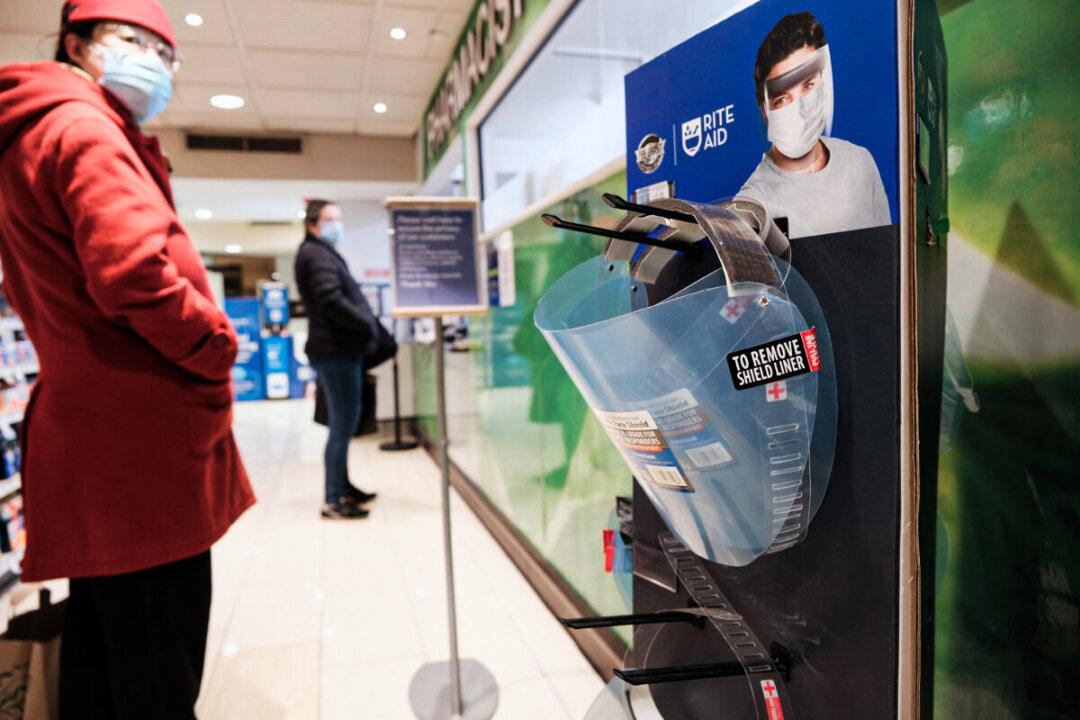Ohio and Rhode Island have become the 28th and 29th U.S. states to report cases of the Omicron variant of the virus that causes COVID-19.
Ohio officials announced on Dec. 11 that two cases of the variant were detected in the state, both of whom were fully vaccinated more than six months ago. Rhode Island officials confirmed one case of the variant on Dec. 11; that patient was fully vaccinated and had recently returned from New York.






